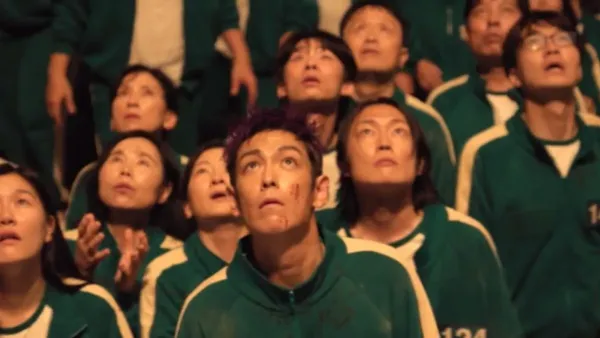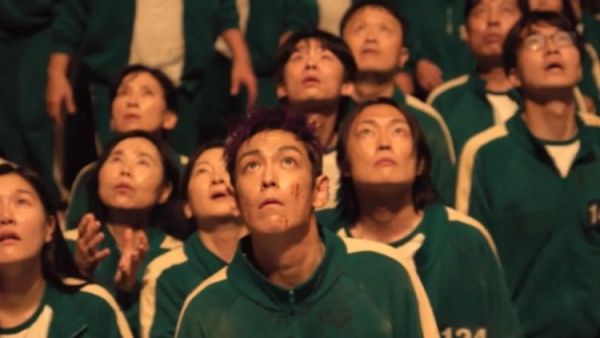
When it debuted on Netflix in 2021, Squid Game went viral, enthralling viewers with its extreme survival games and depiction of economic inequality. Even though the show seems to be entirely fictional, the plot is based mostly on actual occurrences and experiences that capture the harsh truths of society. A deeper look at the actual events that sparked the development of Squid Game is provided here.

The economic hardships in South Korea, especially the 2009 Ssangyong Motor strike, served as a major source of inspiration for Squid Game. In an interview, the series’ creator, director Hwang Dong-hyuk, said that this actual incident served as the inspiration for the history of the character Seong Gi-hun, who was fired from Dragon Motors and turned to lethal video games in order to avoid financial disaster.
Ssangyong Motor Company laid off 2,646 workers in 2009, or 43% of its workforce. This led to one of the longest and most severe industrial actions in South Korea, a 77-day strike. Employees suffered severe mental and bodily harm, and they were placed in a difficult situation. Hwang used this incident to illustrate how common middle-class people might have severe financial difficulties and be unable to avoid the fallout from an unexpected collapse.
Ali, a Pakistani migrant laborer and another character in Squid Game, also takes inspiration from Hwang’s own life. Hwang related a racist event that happened to him when he was in the UK, where he was humiliatingly fired by an airport employee. He was deeply affected by this encounter and thought that he could identify with Ali’s hardships. Ali’s tale in Squid Game sheds emphasis on the difficulties experienced by migrant laborers, who often experience unjust treatment and exploitation.
The violent and game-like violence shown in Squid Game may have originated at Brothers Home, an infamous welfare institution in South Korea in the 1970s and 1980s. In an effort to “purify the streets,” this institution forcefully jailed hundreds of individuals and declared them homeless. It turned into a site of torture, forced labor, and horrific “games” that mirrored the lethal competitions in the series under the pretense of social welfare.
Brothers Home inmates endured cruel punishments veiled as games, such as the Hiroshima Game, which included beatings and hanging upside down, and the Motor Vehicle Game, which involved beatings. Although 551 prisoners are listed as having perished in official records, many people think the actual number was significantly higher. It’s unknown whether Squid Game was directly influenced by Brothers Home, but the horrifying tactics of the establishment mirror the structural brutality and corruption that Squid Game criticizes.
The futuristic survival thriller Squid Game centers on 456 players who are all in dire financial straits and risk their lives to compete in a series of lethal kids’ games in hopes of winning a sizable sum of money. Based on Hwang’s own financial hardships, the series offers a scathing critique of capitalism and class inequality in South Korea.
Even though Hwang authored the Squid Game screenplay in 2009, Netflix didn’t take the project on until 2019 as part of their global programming expansion. Released on September 17, 2021, the first season was well praised and quickly became Netflix’s most-watched series. It won several awards, including one Golden Globe and six Primetime Emmys.